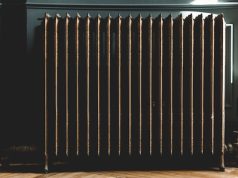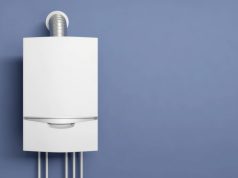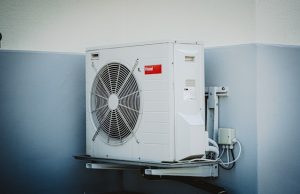Over time central heating systems accumulate a build-up of sludge, limescale, and other debris within the pipes and radiators. So it is important that your central heating system has regular services. If you have accumulations that have led to a blockage, your central heating system will not be running effectively or efficiently and will be costing you money.
Signs And Symptoms You Need A Power Flush Treatment
There are several signs and symptoms that indicate your heating system is in trouble. Your radiators might not be getting hot, no matter how high you turn the thermostat, or heating up at all. There may be cold spots in your radiators, or maybe they are cold at the top and warm at the bottom. Strange banging or gurgling noises in the pipes, radiators, or boilers. Bleeding the radiators (releasing the air inside the radiators) makes no difference to the temperature. Is the water discoloured and dirty looking? Your energy bills may have significantly increased. This is often a symptom of heating systems needing treatment. All of these signs, including the increased energy bills can be treated with a power flush service.
Why Do Sludge And Other Material Accumulate?
The sludge that builds up within the central heating system is known as magnetite, which forms when air or water reacts with the iron or steel components of your system. A black substance is formed containing dissolved and rusted metal from the pipework. If the magnetite is allowed to build up within the system it leads to problems and issues.
What Does Sludge Do To Your Central Heating System?
If left untreated, sludge will affect the pump valves and heat exchangers within your heating system. It will also cause damage to the pipework and radiators. In the worst-case scenario, it causes the entire system to stop and the pipes and boilers have to be replaced with new ones. As it accumulates it will affect the ability of the system to heat up and cause an inefficient, ineffective heating system and higher energy bills. 36% of heat loss can result from sludge accumulation.
How Can The Sludge Be Treated?
Power flushing treatment is the most common, affordable, and effective way of removing sludge and other material buildups from within your central heating system. Following a power flush treatment your heating system will be returned to good efficient and effective working order again. Power flushing works by using a specific cleaning solution, magnets, and water pumped at high pressure around the heating system. Specialised equipment flushes the water and cleaning solution through the pipework radiators and the boiler flushing the sludge, limescale, and rust out of the system.
After power flushing, the heating system can be fitted with a magnetic filter, which can help to prevent the accumulation of any future sludge. The filter can be cleaned each year, keeping your heating system in good shape. Having a regular annual boiler service is important for checking for any problems that may arise.
Money And Energy Saving
Power flushing will restore your heating system to top efficiency and effectiveness, reducing your energy consumption, and your energy bills will show a significant decrease, saving you money.














